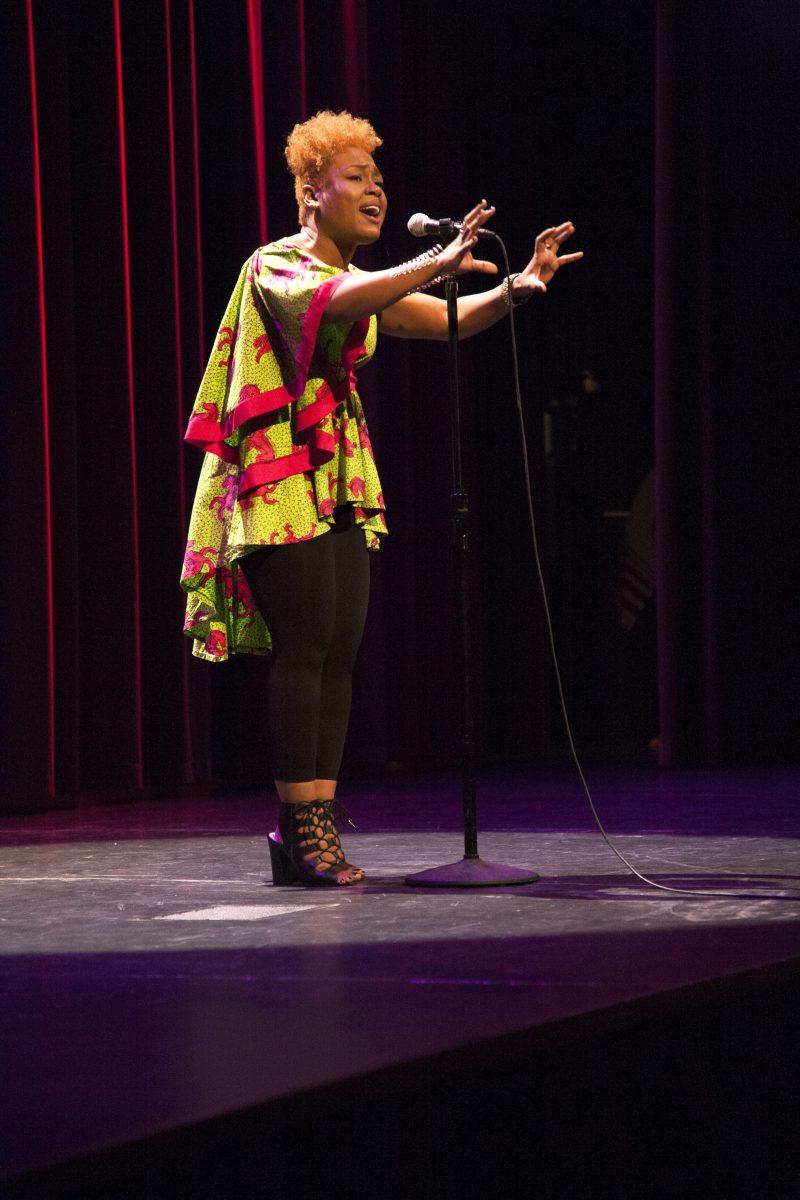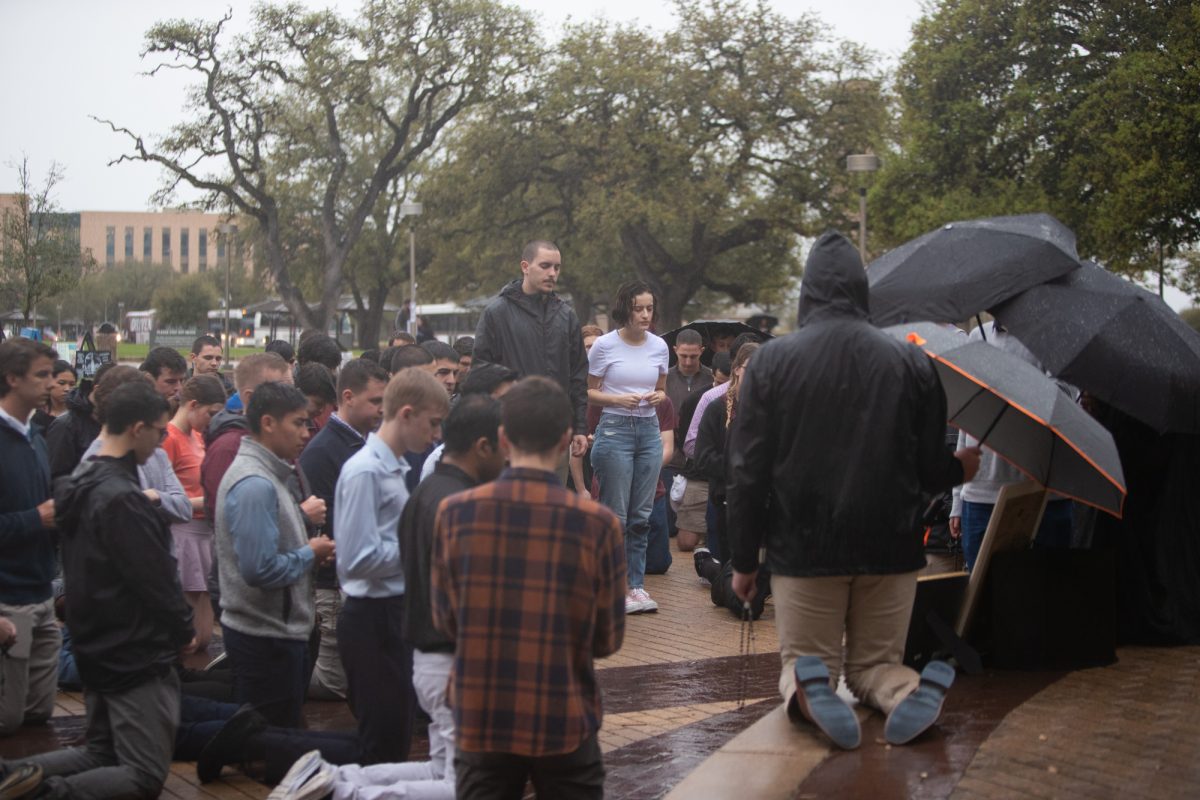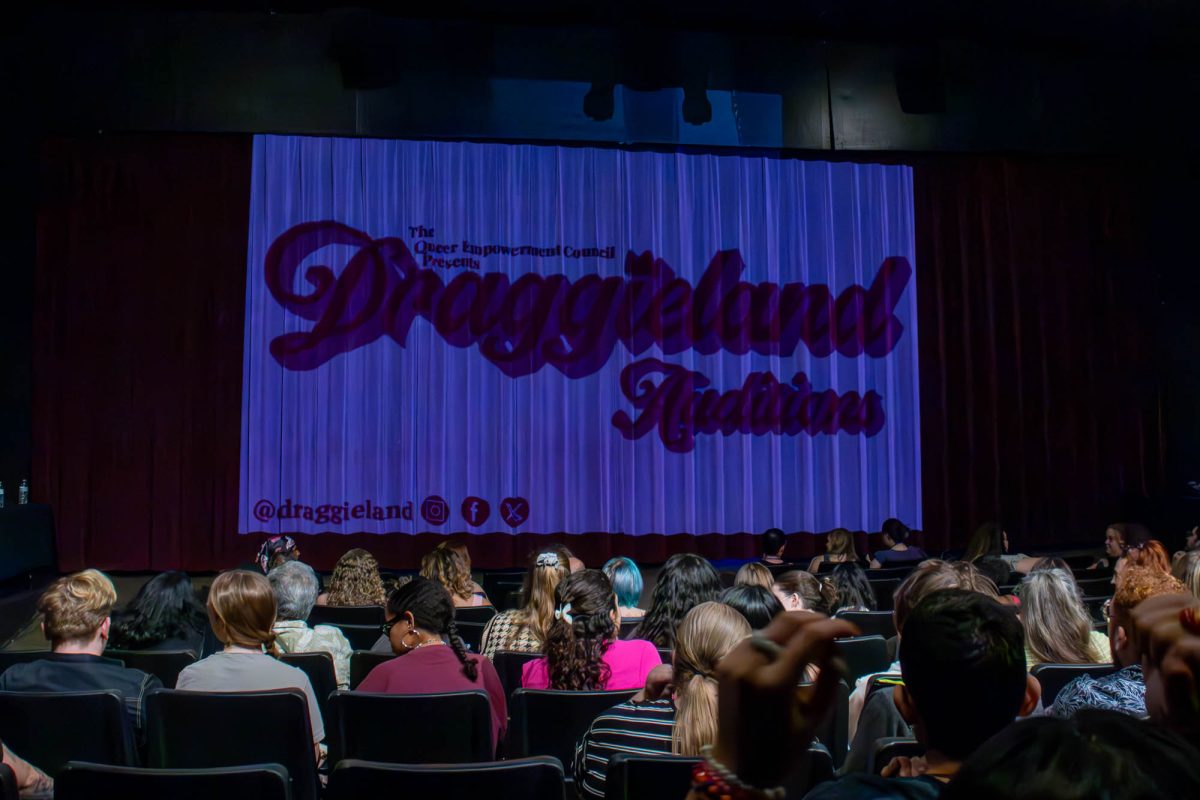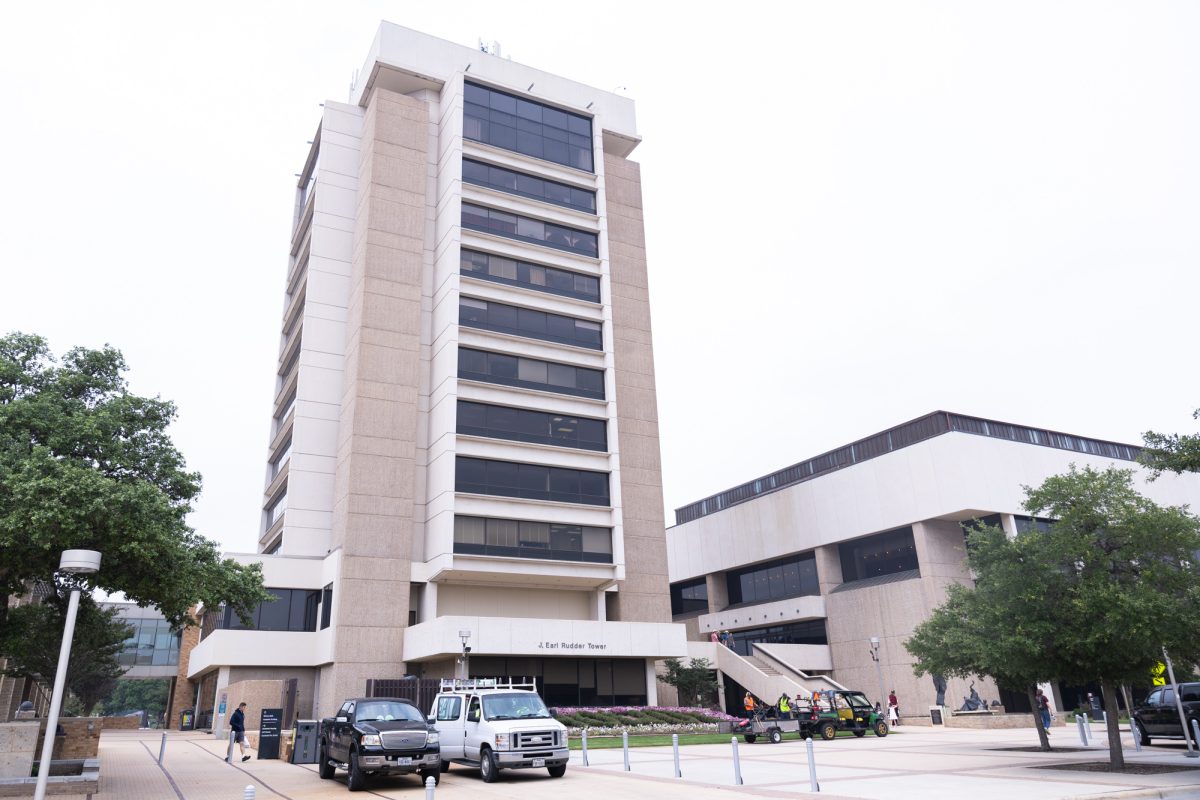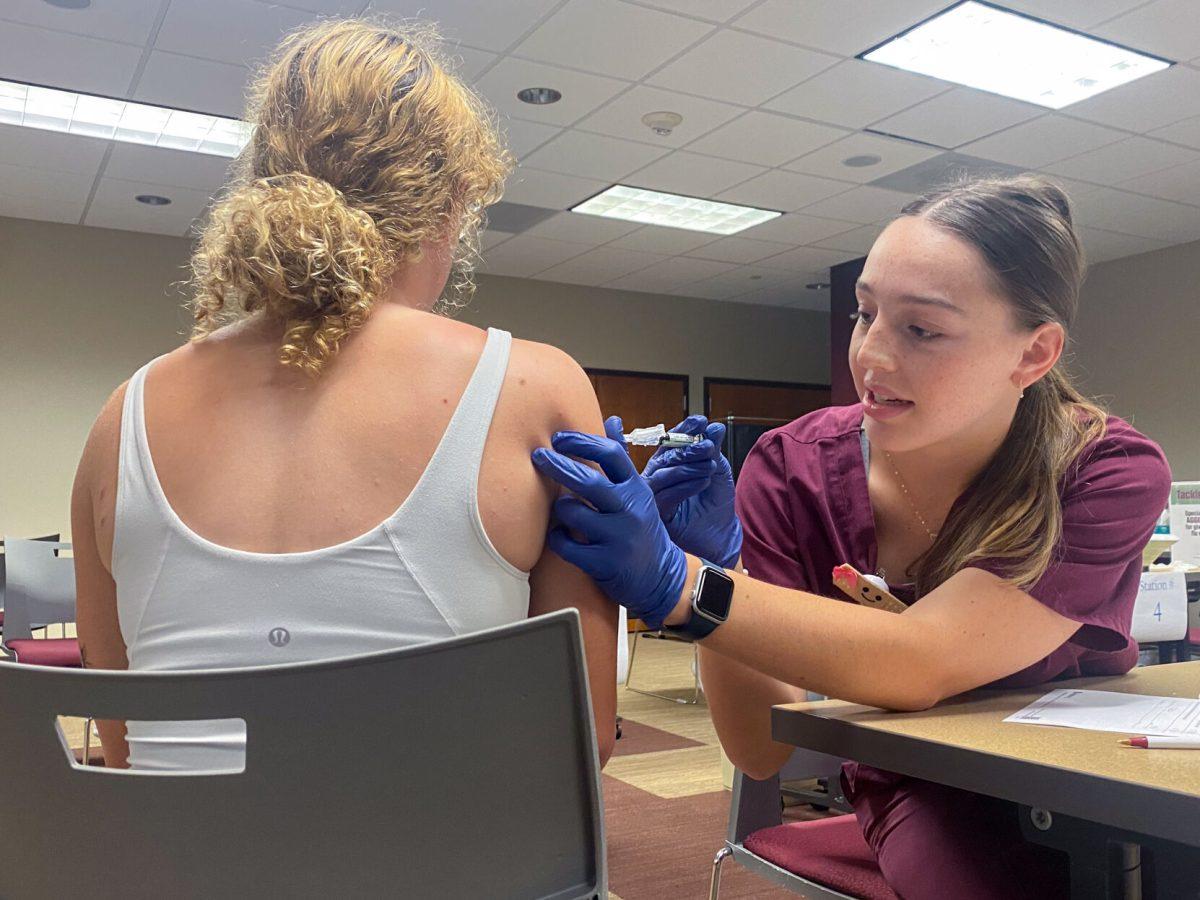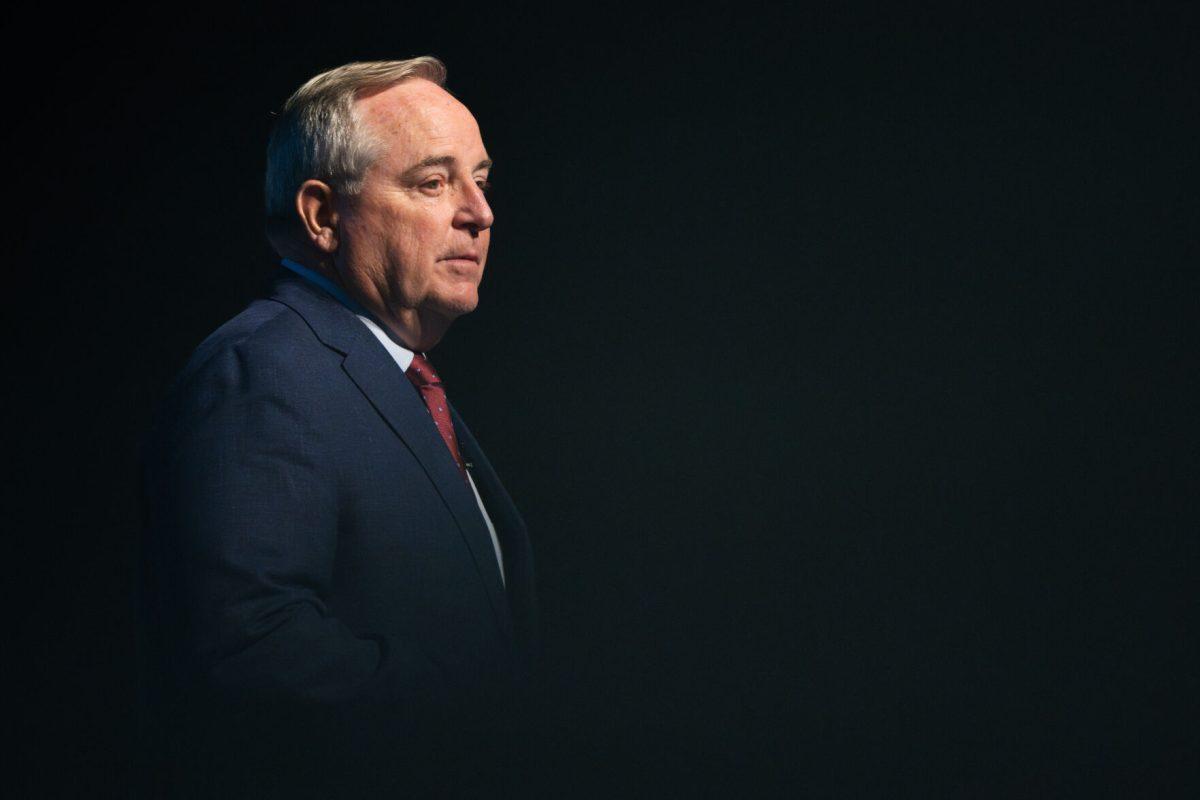This weekend 54 poets from across the country traveled to Bryan-College Station to compete for a $1,200 prize in the largest poetry festival in the South.
Texas Grand Slam (TGS) is an annual three-day competition put on since 2006 by the local poetry organization — Mic Check — where poets compete in different categories of poetry.
Thursday night the competition kicked off in a new way with the Last Chance Slam, in which eight poets competed for a spot in the main competition at Blackwater Draw in Bryan. Christopher Michael, host of the Last Chance Slam and poet, talked before the competition about what slam is all about.
“I cannot guarantee you will not be offended or triggered or hurt or emotionally moved by any of the poems up here,” Michael said. “This right here is the designated safe space that these poets come up here and spit their truth.
TGS started in 2010 when there was an opportunity to win a Pepsi grant. The Mic Check team, led by Amir Safi, put on TGS and won the grant. Madison Mae Parker, Class of 2014, ran TGS from 2014 to 2015 and said she’s been amazed by its development.
“Every year it is a bigger audience, more variety of poets from different places all across the country, some more stories are being heard, more events to attend outside the typical poetry nights,” Parker said. “It gets bigger and better and I’m always excited to see where it goes the next year.”
Saturday night in Rudder theatre 10 poets competed in Final stage in an intense showdown with poems that ranged from the topics race to feminism to family love to self love. Pages Matam, a poet from Washington, won TGS with 89.9 out of 90 points.
“Everything about TGS is amazing, I love the community, I love the energy, love the vibe; this is a fantastic event and there needs to be more dope ass community driven high energy events like this”, Matam said.
TGS reverberates with many emotions each time a poet comes to stage according to Taylor Rothfield, recreation park and tourism sciences senior. Rothfield said that the conflict and exposure to these emotions are beneficial.
“The atmosphere can be jovial or it can be heavy … and the room is absorbing all of the emotions that the poet is splaying out and how we return it as an audience is the hardest thing to do,” Rothfield said. “Being able to come and hear a different view is refreshing and challenging and everyone have their views challenged.”
TGS has grown not just in participation but in events, too. In addition to the Last Chance Slam, this weekend included additional activities like a Haiku Slam and a Freestyle Slam.
“There are several regional slams in the country … but Texas Grand Slam is slowly becoming the best, the most popular, the most significant — you are witnessing history,” Michael said.
For others like Jeremy Knowles, Class of 2016, competing at TGS motivates them.
“I feel like it makes me want to get out there and tell others more about injustices in the world because sometimes I forget to speak up and TGS is a reminder that I need to do that,” Knowles said.




